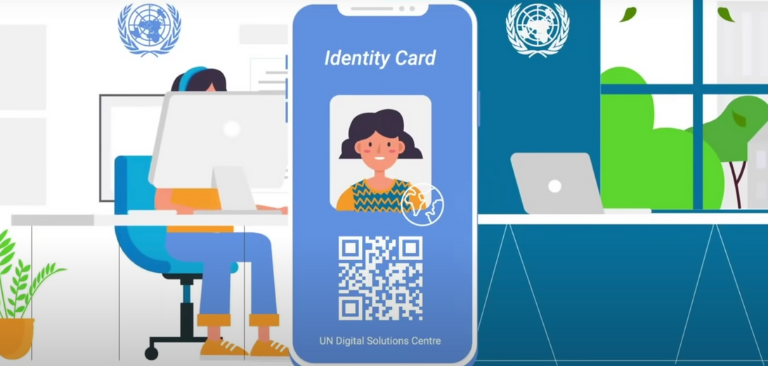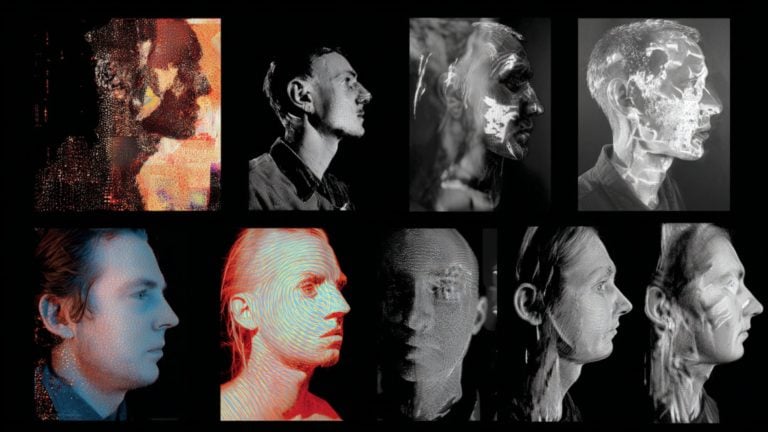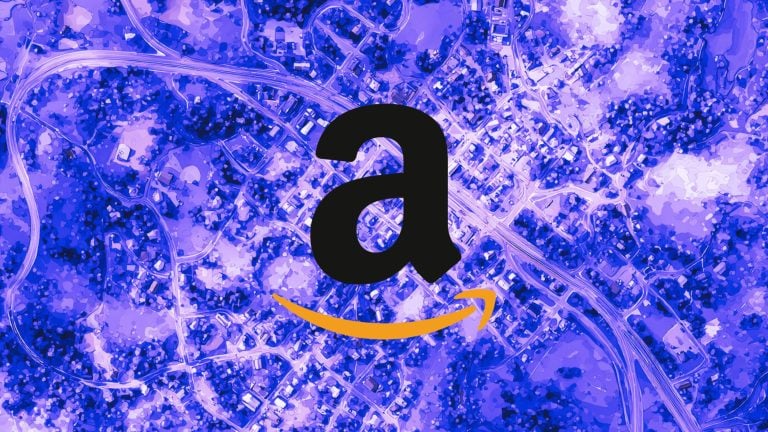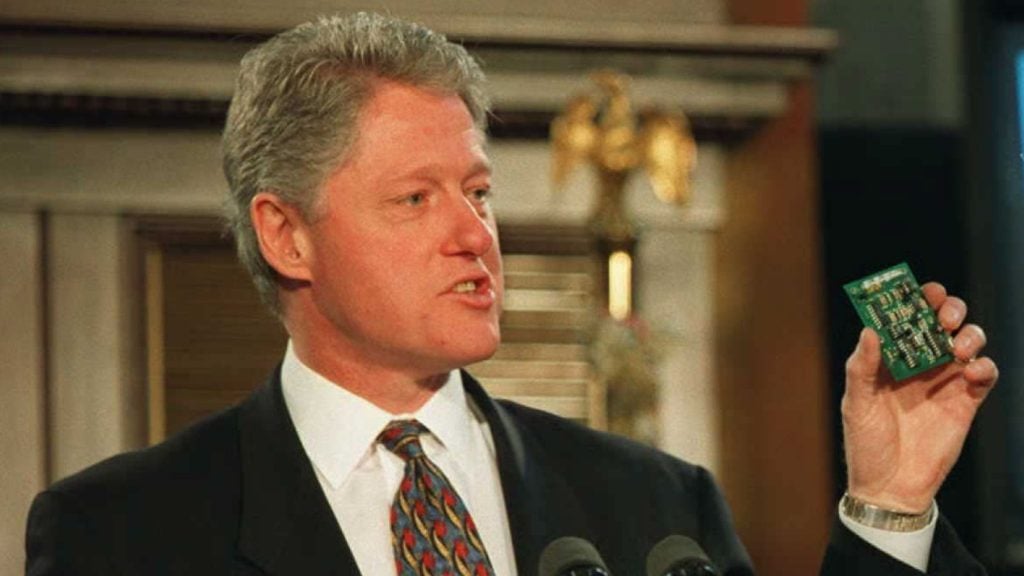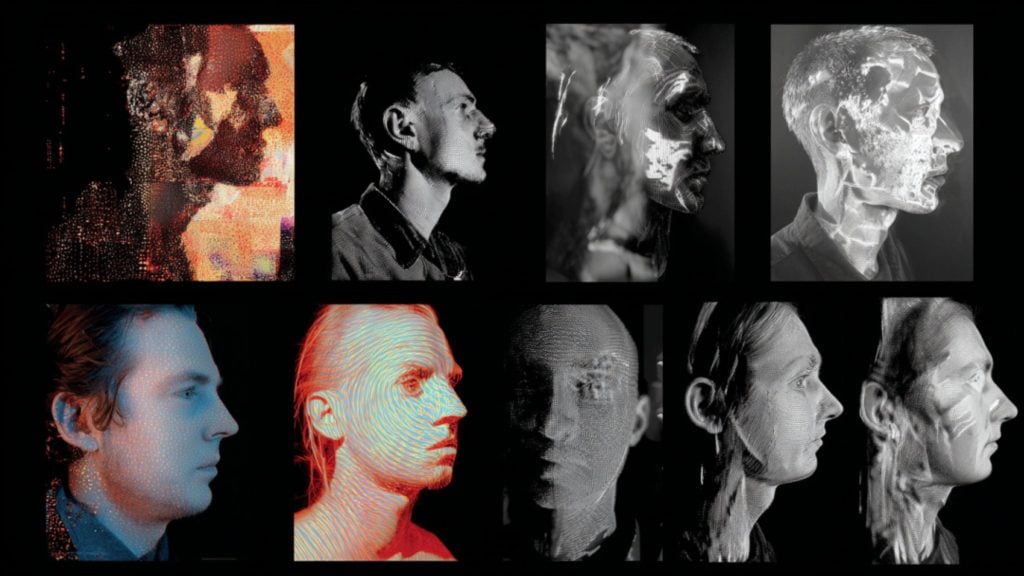There was a time not so long ago when the United Nations (UN) was viewed by many as an obsolete and ineffective organization, that had trouble collecting funding from its members or imposing itself as a relevant player.
None of that may have changed in reality, but the UN has found a new foothold when national governments decided to give it and its WHO agency the leading role in the unprecedented disaster than has been the response to the coronavirus pandemic.
Perhaps emboldened by that, but still mostly under the radar, the UN now continues to churn out controversial initiatives, such as so-called digital biometric wallets and work on a system of international digital travel credentials.
None of this is entirely unrelated to the pandemic, of course, as the problem of allowing people to travel while not spreading the infection has been a tough one to solve since the start of the crisis. Now, it appears that centralized surveillance using biometric data is emerging as the solution to some minds.
Others see it in the context of what globalist champions, such as the World Economic Forum, have been talking, but also at times warning about for a while now, that has come to be known as “the Great Reset.” But that itself, of course, is being facilitated by the pandemic.
For now, reports citing Biometric Update, an outlet covering the global biometrics industry, say that the UN is introducing biometric digital wallets for its employees that will collect data related to health, travel, payroll, pensions, and other points of interest to an organization’s human resources – and critics fear, to many others.
At the same time the International Civil Aviation Organization, another UN agency, is close to unveiling digital travel credentials that would be stored in mobile devices or uploaded to the cloud, and accessed via biometric authentication.
Those who see a dystopian future lurking behind all these technological solutions that are supposed to make life easier now wonder: what if you disobey?
And the conclusion is that the price of disobedience may be so high that most people would accept these requirements and restrictions without the need for authorities to mandate them.

